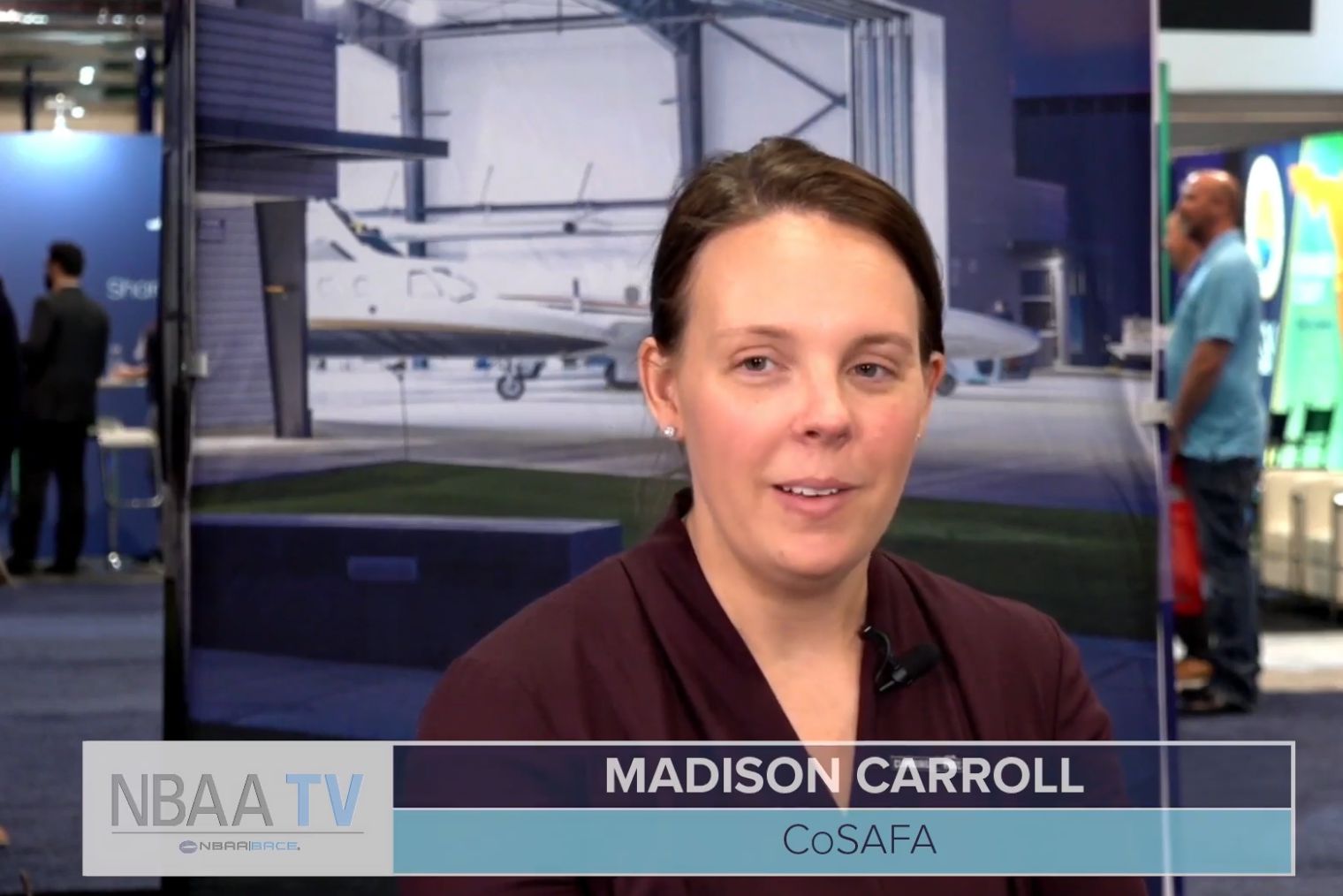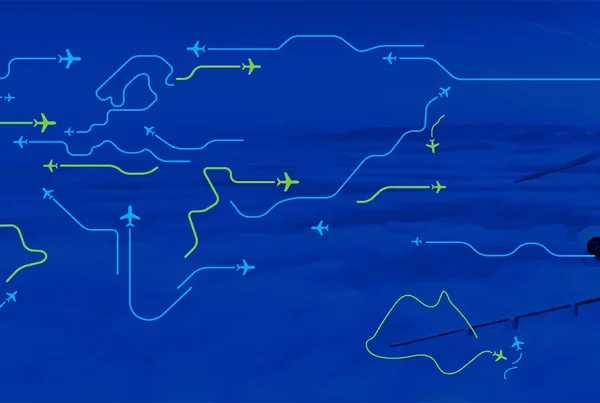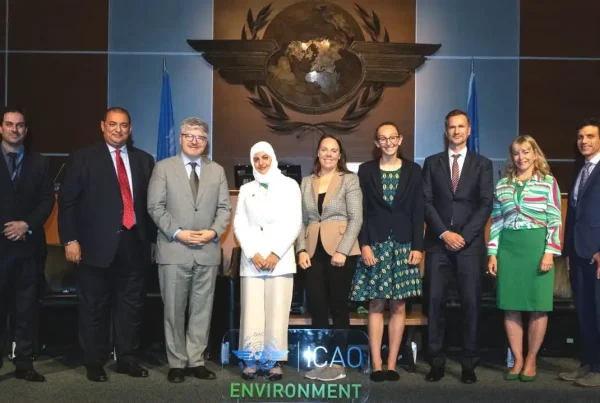Innovators worldwide are hard at work developing Sustainable Aviation Fuel (SAF). As a drop-in fuel, SAF provides an immediate solution to decarbonizing the aviation sector and is a critical component to meeting industry, corporate, and government decarbonization goals.

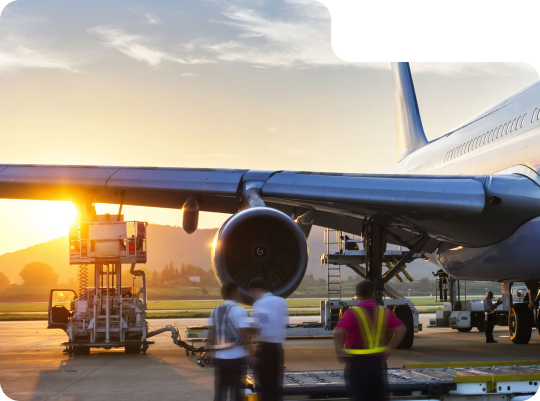
our Mission
A Pathway to
Decarbonizing Aviation
The aviation sector – operators, cargo carriers, airports, fixed base operators, aviation fuel suppliers, and an array of support services – connects people from around the world, facilitates global trade, provides economic opportunity, and enables the delivery of essential services.
For the foreseeable future, aviation will continue to rely on liquid fuels. While traditional jet fuel is emissions-intense, the aviation sector has recognized its environmental responsibilities and is proactively pursuing a path to net zero carbon emissions.
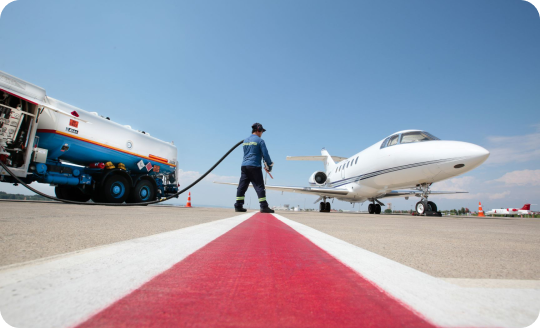
our Mission
A Pathway to
Decarbonizing Aviation
The aviation sector – operators, cargo carriers, airports, fixed base operators, aviation fuel suppliers, and an array of support services – connects people from around the world, facilitates global trade, provides economic opportunity, and enables the delivery of essential services.
For the foreseeable future, aviation will continue to rely on liquid fuels. While traditional jet fuel is emissions-intense, the aviation sector has recognized its environmental responsibilities and is proactively pursuing a path to net zero carbon emissions.

Innovators worldwide are hard at work developing Sustainable Aviation Fuel (SAF). As a drop-in fuel, SAF provides an immediate solution to decarbonizing the aviation sector and is a critical component to meeting industry, corporate, and government decarbonization goals.

ABOUT SAF
Challenges of
Purchasing SAF
Demand for SAF in the marketplace is strong but the industry is still young. SAF producers are working to commercially scale supply, but until SAF production matures to a point where the fuel is universally available, connecting SAF producers with those seeking to fly on SAF will prove challenging. SAF book and claim is essential to solve this conundrum.
SAF is two commodities:
An environmental attribute represents the environmentally beneficial qualities of the SAF over traditional fossil (for example, the attribute contains the carbon intensity of the SAF – which can be significantly lower than fossil-based jet fuel.)
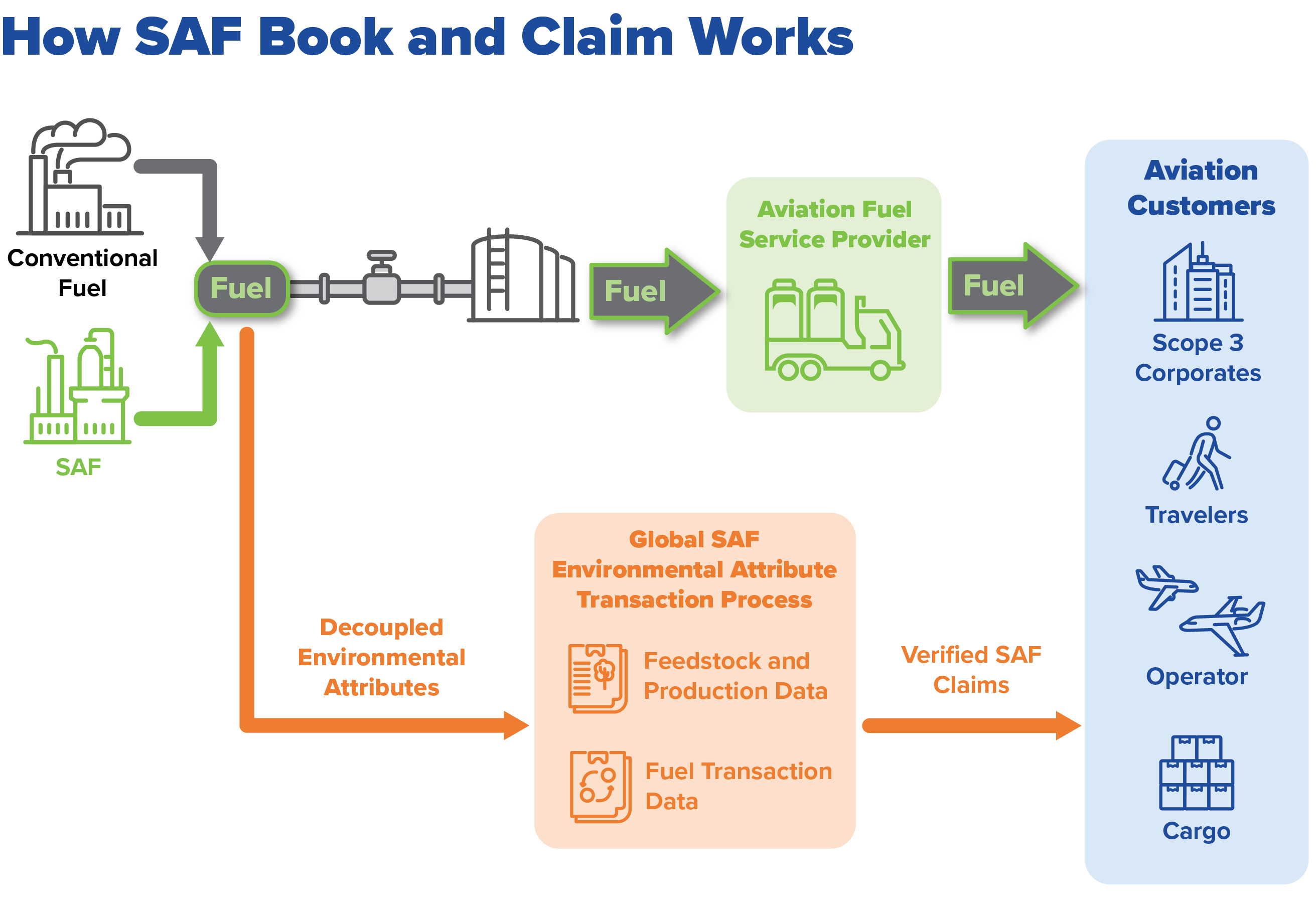
How do they know – and verify – what they are purchasing?
How do they know the environmental attribute hasn’t been previously sold?
How do they access a product that is in short supply and high demand?
Methodology
The CoSAFA Methodology:
Transparent Transactions
Fair rules that provide a standardized, widely accepted approach are needed to ensure global access to aviation decarbonization solutions and to create market confidence and transaction transparency necessary to attract investment in scaling the most successful solutions.

CoSAFA provides a platform for the global commercial and business aviation communities to collaborate openly with regulators, sustainability and carbon accounting experts, and other stakeholders to document the traits, practices, and characteristics of robust book and claim systems.
When applied to transaction systems, CoSAFA’s methodology will ensure book and claim transactions are reliable, accurate, auditable, and traceable. CoSAFA will publish, revise, and maintain guidelines and best practices.
The Way Forward:
CoSAFA Invites Your Input
CoSAFA is actively seeking engaged and involved stakeholder input in every part of the process.
The initial set of neutral accounting principles was released May 11, 2023. Throughout 2023, CoSAFA will continue to engage regulatory agencies to build confidence with our rigorous auditing and verification procedures, conduct pilot testing with active SAF transactions, and collect feedback through public consultation and education activities to develop improvements for an updated methodology to be released at the end of 2023. We will develop interoperability among registries from 2023-2024 and deploy global access to CoSAFA-approved registries and aviation decarbonization solutions with credible, verifiable, and transparent transactions in 2024.
Use the form at the bottom of the page.
Who We Are
About CoSAFA
CoSAFA is a 501(c)(3) non-profit organization. The Board of Directors is an “association of associations” representing the global aviation sector, comprised of the International Air Transport Association (IATA), the International Business Aviation Council (IBAC), General Aviation Manufacturers Association (GAMA), National Air Transportation Association (NATA), and National Business Aviation Association (NBAA).
AJW, Inc. is the Secretariat for CoSAFA.
Executive Director Madison Carroll explains CoSAFA’s role on NBAA TV.
CoSAFA Board





